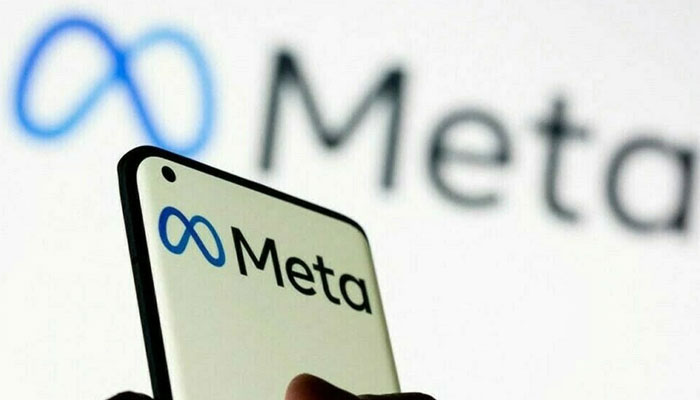Meta’s Power Problem: Why It’s Time to Rethink Digital Monopolies
By: Syeda Sumblah Bukhari
In a world increasingly mediated by digital platforms, the question is no longer whether big tech has power — it’s whether that power has become too great to ignore. With Meta Platforms Inc., the parent company of Facebook, Instagram, and WhatsApp, under legal scrutiny for monopolistic behavior, we are at a critical juncture. A court’s decision in the U.S. may determine whether Meta’s digital empire is a monopoly that should be broken up. But beyond the legal proceedings, the larger issue demands our attention: Meta’s dominance isn’t just about market control — it’s about influence, identity, democracy, and the future of human communication.
The Digital Behemoth
Meta’s consolidation of social networking power is unparalleled. With over 3.8 billion users across its platforms, it doesn’t just own apps — it owns the infrastructure of modern communication. Whether you’re chatting on WhatsApp, scrolling through Instagram, or organizing a protest on Facebook, you’re participating in a closed ecosystem that Meta controls — from the algorithms to the data to the moderation policies.
This level of vertical integration has allowed Meta to dominate not only social media markets but also advertising revenues, data collection, and even cultural narratives. In markets like Pakistan, where WhatsApp is a primary communication tool, Meta has become a digital utility — a private company operating like a public service without public accountability.
Why You Should Care
Many users shrug off the monopoly debate as a Western legal battle. But the implications are global. When one company controls the digital infrastructure of billions, it can shape public opinion, influence elections, and decide who gets visibility and who gets silenced. From algorithmic biases to selective enforcement of content policies, Meta has repeatedly shown that it is willing to prioritize profits over ethics — even when that means spreading misinformation, allowing harmful content, or undermining democratic institutions.
Moreover, Meta’s market control stifles innovation. By acquiring or copying competitors (like it did with Snapchat stories or TikTok’s reels), it prevents the rise of alternative platforms that might offer users better privacy, healthier discourse, or more ethical AI models.
The Need for Regulation
The idea of breaking up Meta is not just about punishing success — it’s about restoring balance. Antitrust regulation, when applied sensibly, is a tool to prevent companies from becoming too powerful to regulate. Just as monopolies in oil, steel, or railroads were challenged in the past, today’s digital monopolies must also be scrutinized.
Europe has taken bold steps with the Digital Markets Act. The U.S. is finally catching up. But countries like Pakistan also need to join the conversation. We need stronger data protection laws, independent digital media regulators, and a robust framework for platform accountability — not just to protect users, but to protect democracy itself.
What Happens Next?
If the court rules against Meta and orders a breakup, it would set a global precedent. Facebook, Instagram, and WhatsApp could become separate companies, fostering competition and giving users more control. But even if the court stops short of that, the message is clear: unchecked digital power is no longer acceptable.
As citizens, we must stop viewing social media platforms as neutral spaces. They are powerful institutions that shape our lives, our politics, and our future. Meta’s power deserves scrutiny not because it is successful, but because it is unaccountable.
It’s time to ask ourselves: Should one company really have this much control over how the world connects?
Miss.Syeda Sumblah Bukhari is a media scholar, researcher, and communication expert based in Lahore. She is affiliated with the University of South Asia and regularly writes on issues related to technology, media, and society with integration of sustainablilty in the world..


Comments are closed, but trackbacks and pingbacks are open.